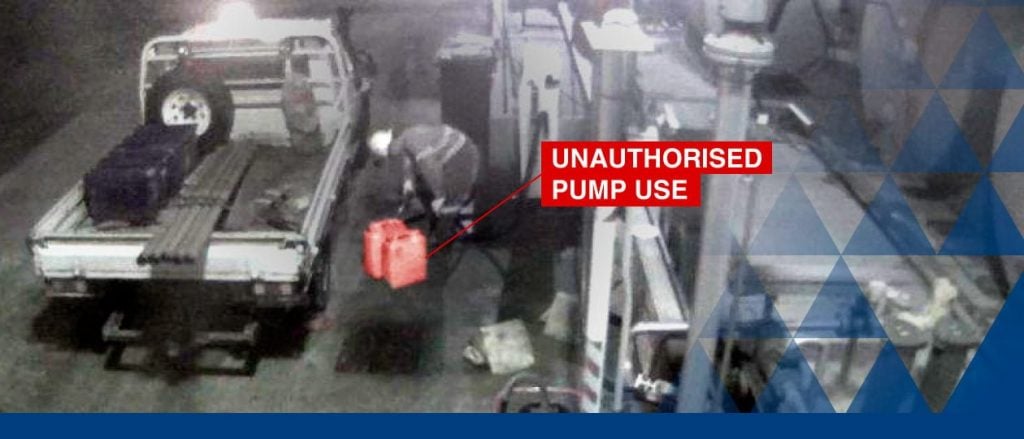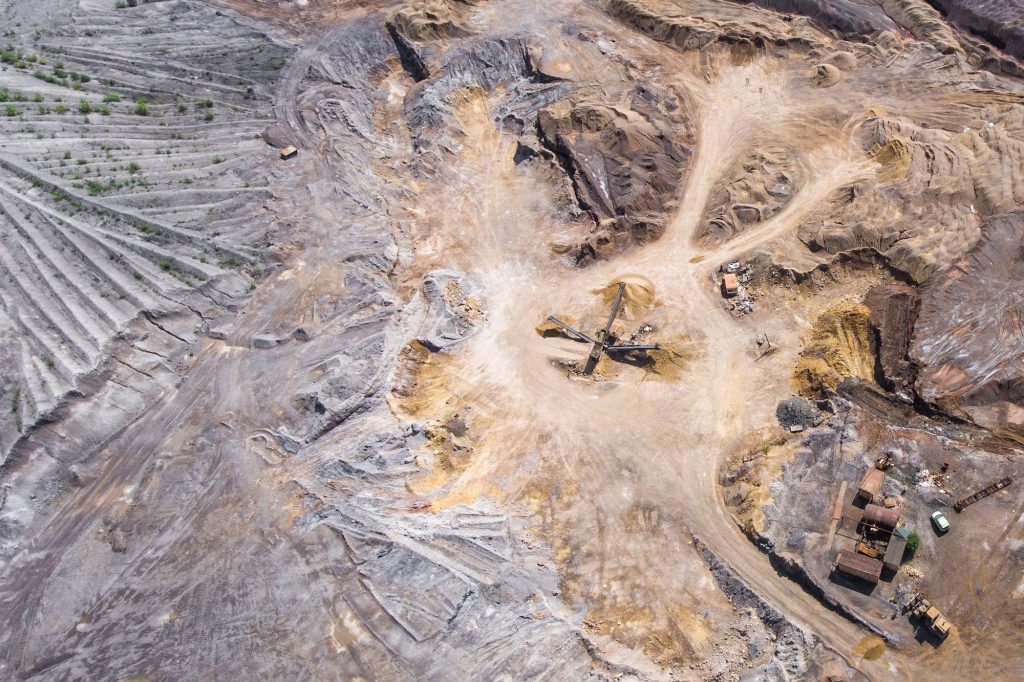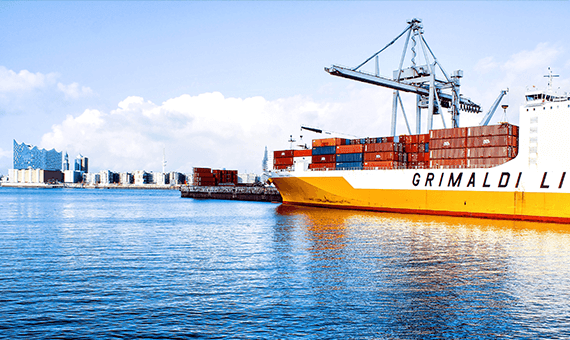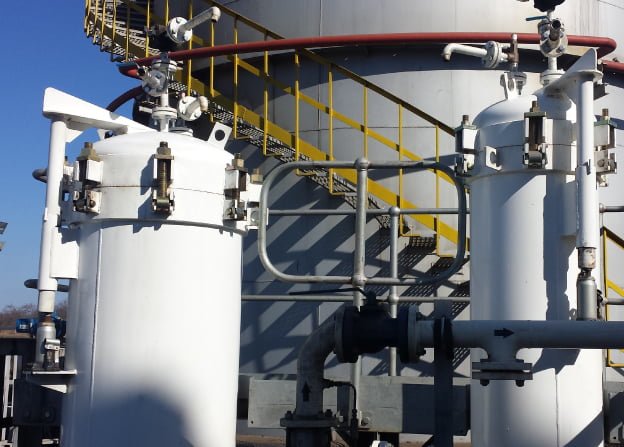Fuel is one of the largest expenses for any business in mining, rail, fleet and port operations. Fuel being stolen or unaccounted is costly to businesses. Fuel reconciliation system, Banlaw FuelTrack™ uses the latest in auto ID technology and can account for 99.5% of fuel stock. It provides precise monitoring, reconciliation and centralised reporting of any machine or vehicle’s fuel or liquid use. We have considered every area that can reduce fuel security and then developed, patented and produced products to eliminate that risk. The patented close-proximity auto ID will shut off the pump once the nozzle and receiver come apart. This, along with the ability to take advantage of site security systems such as Cardax, HID and Smart keys, make it very difficult for unauthorised pump use.




